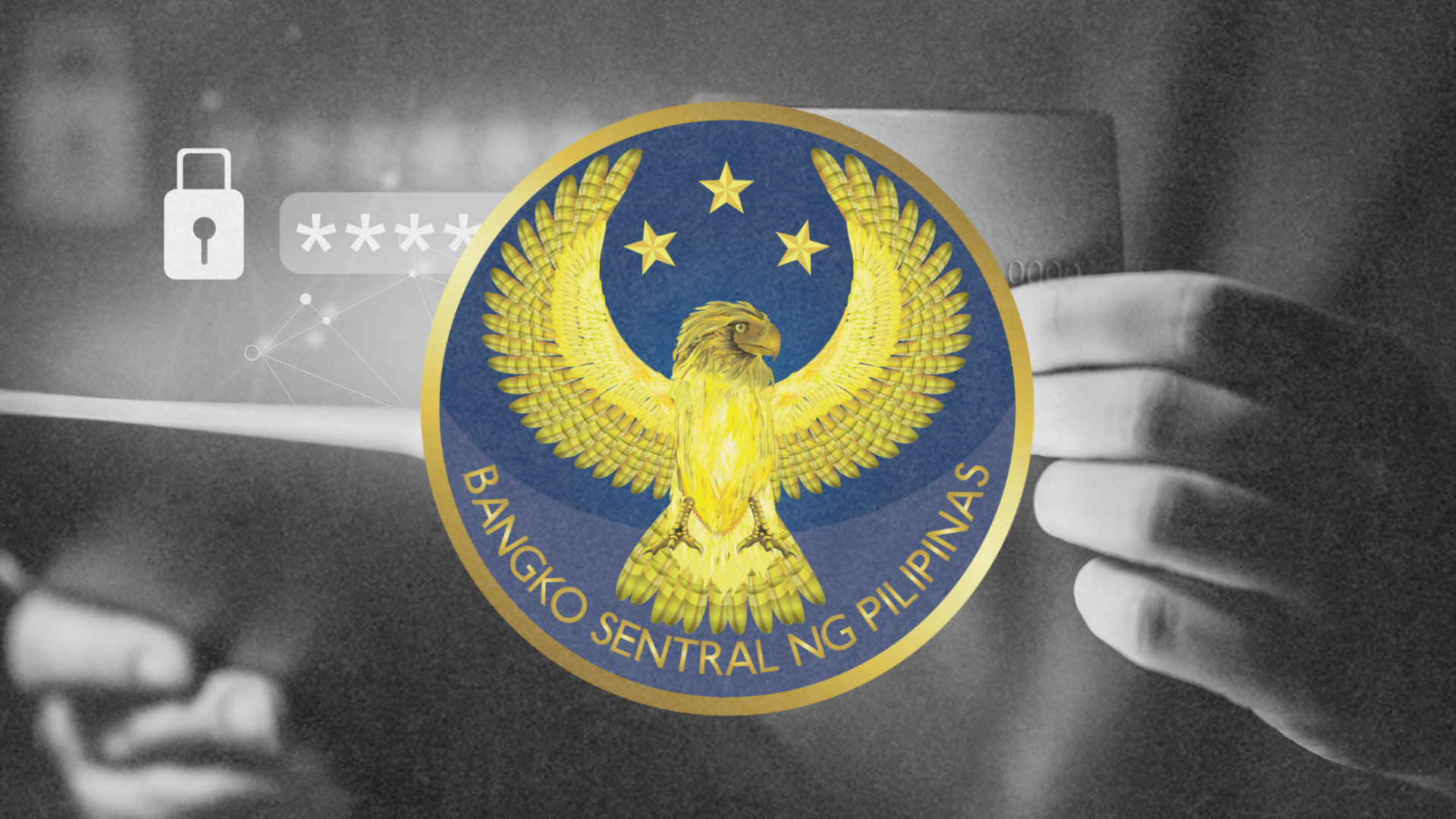In the Philippines, private sector security is a critical component of the country’s overall security framework, given its significance in protecting corporate assets, data, and ensuring business continuity. As the Philippine economy continues to grow and digitalize, the importance of robust security practices in the private sector has never been more pronounced. Here, we examine the security practices within the private sector, including corporate security strategies, data protection measures, and the role of security firms.
Corporate Security Strategies
In the Philippines, corporate security strategies are increasingly sophisticated as businesses recognize the importance of safeguarding their physical and intellectual assets. Companies typically employ a multi-layered approach to security, incorporating both physical and cybersecurity measures.
Physical Security: This involves securing company premises through surveillance systems, access control mechanisms, and on-site security personnel. High-profile corporations and financial institutions often utilize advanced surveillance technologies, including facial recognition and biometric access controls, to prevent unauthorized access and monitor activities within their facilities.
Cybersecurity: With the growing prevalence of cyber threats, including phishing attacks, ransomware, and data breaches, companies are investing significantly in cybersecurity measures. Strategies include implementing firewalls, encryption, and regular software updates to protect against cyberattacks. Additionally, many businesses conduct regular security audits and penetration testing to identify vulnerabilities and strengthen their defenses.
Employee Training: An essential aspect of corporate security is the training of employees. Many companies in the Philippines have recognized the need for comprehensive security training programs to educate staff on recognizing and responding to potential security threats, both physical and digital. This training often includes best practices for handling sensitive information and protocols for reporting suspicious activities.
Data Protection
Data protection is a paramount concern for businesses operating in the Philippines, where data privacy laws, such as the Data Privacy Act of 2012, mandate stringent measures to protect personal information. Compliance with these regulations is crucial not only to avoid legal repercussions but also to maintain customer trust.
Data Encryption: To protect sensitive information, companies implement encryption technologies to secure data both at rest and in transit. This ensures that even if data is intercepted or accessed without authorization, it remains unreadable to unauthorized individuals.
Access Controls: Businesses enforce strict access controls to limit who can view or handle sensitive data. This often involves using role-based access controls (RBAC) and multi-factor authentication (MFA) to ensure that only authorized personnel have access to critical information.
Incident Response Plans: In the event of a data breach, having a well-defined incident response plan is essential. This plan includes protocols for quickly addressing and mitigating the impact of a breach, notifying affected individuals, and reporting the incident to regulatory authorities.
The Role of Security Firms
Security firms play a pivotal role in the private sector’s security landscape in the Philippines. These firms offer a range of services designed to enhance corporate security, including:
Consulting and Risk Assessment: Security firms provide expert consulting services to help businesses assess their security risks and develop tailored strategies to address them. This includes evaluating physical security measures, cybersecurity protocols, and compliance with regulatory requirements.
Security Personnel: Many companies rely on security firms for the provision of trained security personnel, including guards and officers. These personnel are essential for maintaining a secure environment, managing access points, and responding to security incidents.
Technological Solutions: Security firms often supply and manage advanced security technologies, such as CCTV systems, alarm systems, and cybersecurity tools. They also offer maintenance and support services to ensure that these systems remain effective.
Incident Management: In addition to preventive measures, security firms assist businesses in managing and responding to security incidents. This includes conducting investigations, coordinating with law enforcement, and implementing measures to prevent future incidents.
Challenges and Future Directions
Despite the advancements in security practices, the private sector in the Philippines faces several challenges. These include the ever-evolving nature of cyber threats, the need for continuous investment in security technologies, and the challenge of balancing security with operational efficiency.
Looking ahead, businesses in the Philippines will need to remain vigilant and adaptable. The increasing complexity of threats requires ongoing investment in security technologies and employee training. Additionally, collaboration between private sector entities and security firms will be crucial in developing and implementing effective security strategies.
In conclusion, as the Philippine private sector continues to expand and evolve, the importance of robust security practices cannot be overstated. By prioritizing comprehensive security strategies, ensuring stringent data protection, and leveraging the expertise of security firms, businesses can better safeguard their assets, protect sensitive information, and contribute to the overall security and stability of the country.






